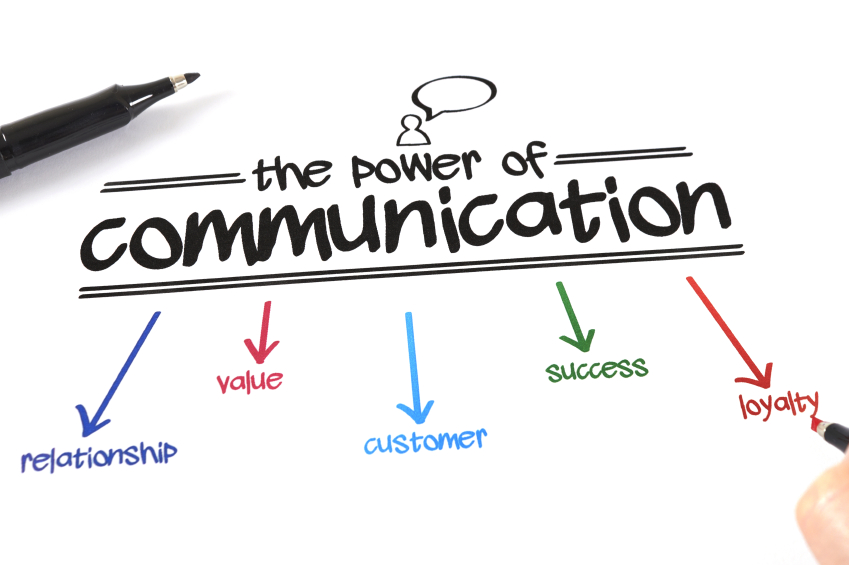1. Active listening: This means giving your full attention to the person speaking, asking clarifying questions, and providing feedback to ensure that you fully understand their message. Active listening helps to build trust and respect, as it shows that you value the other person's perspective.
2. Clarity and conciseness: Being able to articulate your ideas and thoughts clearly and concisely. This means being able to express yourself in a way that is easy for others to understand, and being able to convey your message in a way that is appropriate for the audience.
3. Adaptability: Being able to adapt your communication style to different situations and audiences. This is important as it ensures that your message is received effectively.
4. Nonverbal communication: Being aware of the nonverbal cues that you are sending, including body language, tone of voice, and facial expressions. Nonverbal cues can have a significant impact on how your message is received, so it is important to be aware of them and to use them effectively.
5. Conflict management: Being able to manage conflicts and disagreements in a constructive way. This means being able to identify and understand the underlying issues, and to find a solution that is acceptable to all parties involved.
6. Empathy: Being able to put yourself in the shoes of the person you are communicating with. This helps you to understand their perspective and to tailor your message accordingly.
7. Leadership: Being able to lead a team effectively. This requires the ability to clearly communicate goals and expectations, and to provide feedback and support to team members. Good leaders also need to be able to create a positive work environment, where team members feel valued and respected.
(Note: I did not write this blogpost. I asked ChatGPT the question, "What 7 habits should business leaders develop in order to communicate more effectively?" The AI algorithm did the rest.)
(I find this article written, in a dull, simplistic Grade 4 style. Some people will tell you that's the best way to communicate. but I disagree. Yes, clarity is important, but sharing information effectively and memorably requires more than simple declarative sentences: e.g., vary your sentence structure and rhythm; use more vivid, direct language; and share examples of the issues you are talking about.)
The AI platform fails my first rule of communication: "Never Write a Dull Sentence."
Still, I'd give the program a grade of B- for this article. What would you give it?


No comments:
Post a Comment